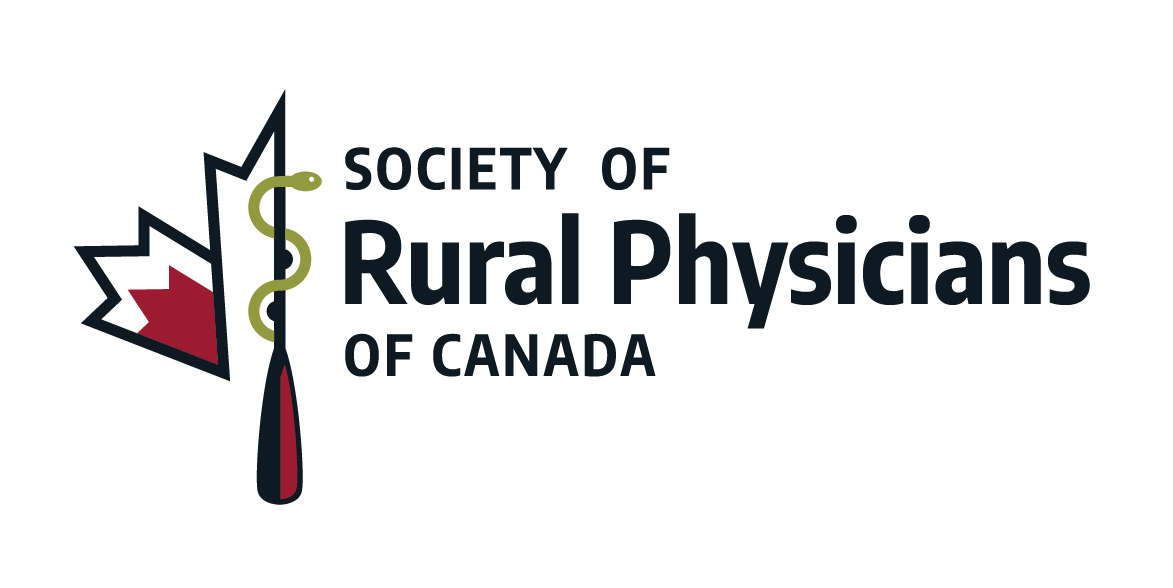.png)
RURAL SURGICAL SKILLS CONFERENCE
Rimrock Hotel in Banff, AB
January 22-24, 2025
The Rural Surgical Skills Conference is a premier networking and hands-on skills event hosted every two years in Banff. This event brings together healthcare professionals from across Canada to enhance their surgical skills, stay updated on the latest advancements in the field, and foster connections within the rural medical community.
Event Schedule:
- Wednesday, January 22nd: Registration and Meet & Greet starting at 5pm.
- Thursday, January 23rd: A full day of hands on training and didactic sessions.
- Friday, January 24th: The program concludes by 11am.
SEE THE FULL AGENDA HERE
Bring Your OR Nurse
Rural OR nurses are invited to fully participate in this program.
With the support of our sponsors RhPAP, RCCbc, SMA and the SRPC, we are able to reduce registration to $50 for all OR nurses and to offer a $500 bursary for a limited number of OR nurses who register.
Notice: OR Nurse Bursary Update
As of December 11th, 2024, the $500 bursaries have been fully claimed. However, OR Nurses may still register and express interest in financial support if additional funding becomes available. The OR Nurse registration rate remains $50.00.
.png)


Exhibitors are welcome:
Read our Prospectus Here
Thank you for the support from our 2025 Exhibitors!

.png)

FLIGHTS
AIR CANADA
Book online at aircanada.com
Enter your promotion code R2EQ9R91
Applicable Rules
- The booking is to be made to the following city: Calgary, YYC (CA)
- The travel period begins Wednesday, January 15, 2025 and ends Friday, January 31, 2025.
- Travel is valid Monday, Tuesday, Wednesday, Thursday, Friday, Saturday, Sunday.
- For North America' 5% applies on standard fares, 10% on flex fares & higher. For International Travel' 10% on standard fares & higher.
PORTER AIRLINES
Book online at www.flyporter.com
Enter your promotion code RSSU25
Applicable Rules
HOTEL
Rimrock Details - Individual Reservations
Attendees are responsible for making their own reservations, and should identify themselves as being with your group, SRPC, for ease of booking. Attendees may book their own reservations by calling our Reservations Department at 1-888-746-7625 (1-888-RIMROCK), or with an online PassKey booking link. Individuals must guarantee their reservations by use of a major credit card. 30 days prior to program arrival (December 23, 2024)
SHUTTLE
Our official transportation partner for this event is Banff Airporter - Banff's original airport shuttle provider. Receive a 15% discount on their daily shuttle service between the Calgary Airport and Banff. Click Banff Airporter and then Book Now. Proceed through the reservation and type - SRPC25 - in the "Promo Code" section on the final payment page to receive the discount. This special rate is valid for travel dates between January 19 - 27, 2025 if reservation is made at least 1 week prior to the event start. We hope you take advantage of this special offer!
While you are in Banff, also consider attending the Endoscopy Skills Conference, Jan. 24th – 26th!
Registration fees include 5% tax.
Cancellation & Refund Policy
All event cancellations must be made in writing by email to Jenna Keindel, Administrative Officer, at jennak@srpc.ca.
45 Days or More
· Full Refund if cancellation notice is given 45 days or more prior to the event, a full refund will be granted, minus a $75 administrative fee.
44 Days or Fewer - Credit Issued
· No refunds will be issued for cancellations with 44 days or fewer notice. The total amount (less the $75 administrative fee) will be left as a credit on your account, which can be used for future invoices (e.g., events, membership, or donations).
Deposits
· Deposits are non-refundable but can be transferred to SRPC membership or donated.
Social Tickets
· Social tickets are non-refundable but can be gifted to a student or resident.
Pending Registrations
· Pending registrations are considered as "planning to attend" or "paying later." Please notify us as soon as possible if your plans change. If you are no longer able to attend, we will cancel your registration.
No-Show Policy
· No refunds or credits will be provided for no-shows, and all outstanding invoices must be paid in full.
Force Majeure Clause
· In the event the conference is cancelled or postponed due to circumstances beyond our control (e.g., weather, natural disasters, public health emergencies), registration fees will either be fully refunded or applied as a credit for a future event.
Registrations
· Registrations are non-transferable.

